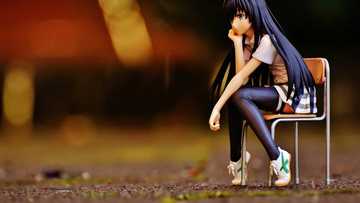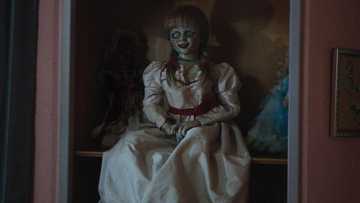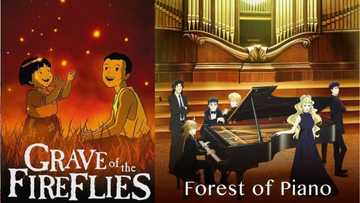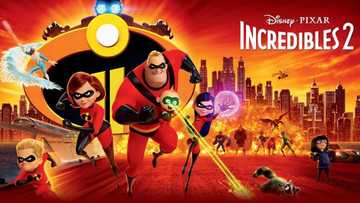Is Challengers based on a true story? Inspiration vs imagination
Is Challengers based on a true story? The film is entirely fictional and has no connections to real-life events. With such raw emotion and intense realism, many fans think it is based on real-life happenings in the tennis world. Uncover the truth behind the film's origin, exploring the facts, fiction, and where the lines blur.

Source: Getty Images
TABLE OF CONTENTS
- Key takeaways
- Is Challengers based on a true story? The truth behind the tension
- 1. A fictional story that feels real
- 2. Director Luca Guadagnino’s touch of realism
- 3. Real stakes in a fictional game
- 4. Themes that hit close to home
- 5. Zendaya’s role echoes real-life icons
- 6. Creative freedom over historical accuracy
- 7. Reactions from the tennis community
- 8. A love triangle rooted in drama, not biography
- 9. Real-life emotions, imaginary setting
- 10. A mirror for the audience
- Is Tashi Duncan real?
- Is Challengers based on a book?
- Is Challengers inspired by real tennis tournaments or events?
- What is the main theme of Challengers?
- Is Challengers a good movie?
- What happens at the end of Challengers?
Key takeaways
- Challengers is not based on a true story, but it draws heavily on realistic themes in the world of professional tennis.
- Director Luca Guadagnino and writer Justin Kuritzkes created a fictional plot inspired by the psychological dynamics of competitive sports and relationships.
- The characters are original creations, not based on real tennis players or known love triangles.
Is Challengers based on a true story? The truth behind the tension
The 2024 film Challengers has sparked curiosity due to its gripping storyline and realistic portrayal of professional tennis. Since it is crafted with such authenticity that it feels like a true story, many think it is telling a true story. Here is all you should know about the film.
1. A fictional story that feels real
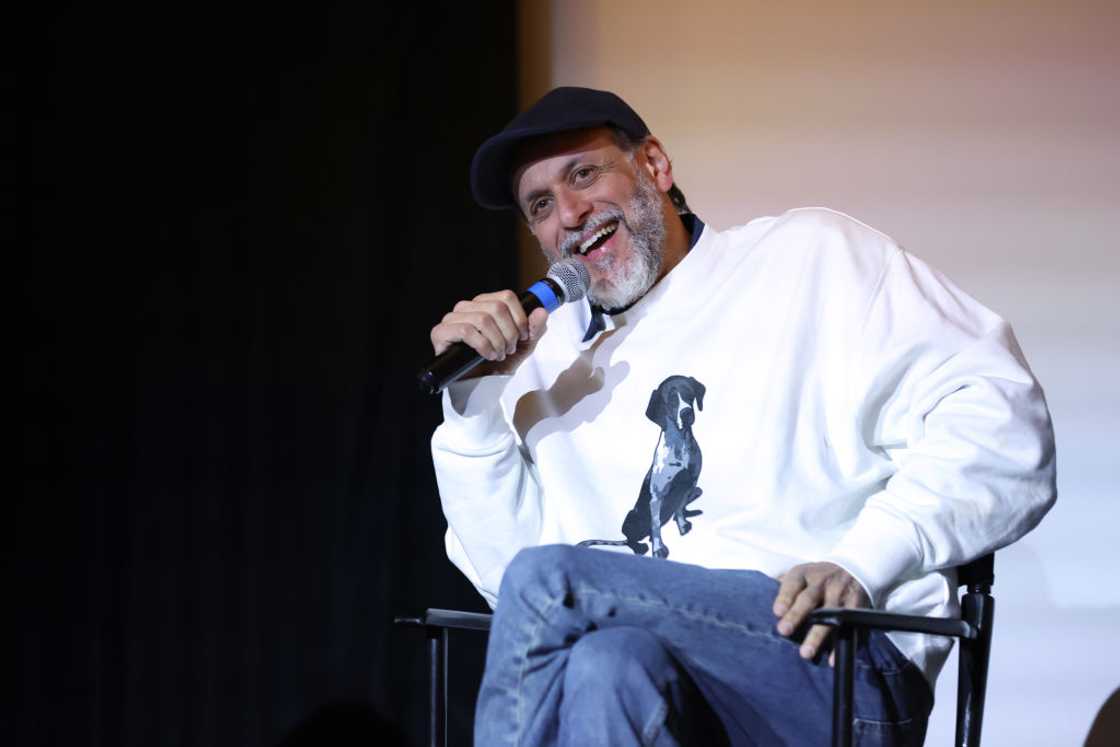
Source: Getty Images
Challengers revolves around Tashi Duncan, portrayed by American actress Zendaya, a former tennis prodigy turned coach. Her complicated relationship with Art, her husband, and Patrick, her ex-boyfriend, takes centre stage. The film jumps between timelines, revealing layers of tension, desire, and unfulfilled potential.
While these characters and their stories are not based on real people or events, their emotional depth makes them feel familiar. Justin Kuritzkes wrote the story focusing on how love and competition intertwine. The setting's authenticity and emotional conflict create the illusion of a real-life narrative.
2. Director Luca Guadagnino’s touch of realism
Luca Guadagnino, known for Call Me by Your Name, brings his signature flair for storytelling to Challengers. Although the plot isn’t based on specific real events, Guadagnino injects real-world intensity into the film through aesthetics and psychological tension.
He studied tennis matches, movements, and the mental game behind each serve and volley. This dedication to realism enhances the film’s believability, prompting audiences to think it’s based on actual events or real-life tennis stars.
3. Real stakes in a fictional game
The main reason many believe the film is based on a true story is the sport at its core. Tennis is portrayed with intense realism—training regimens, competitive environments, emotional breakdowns, and psychological tactics. Challengers mirrors the loneliness and the pressure of the game that many athletes speak of.
While the film does not mention actual tennis tournaments or real-life athletes, the dramatisation is convincing. Zendaya trained extensively to perform as a professional player, further grounding the fiction in physical truth.
4. Themes that hit close to home
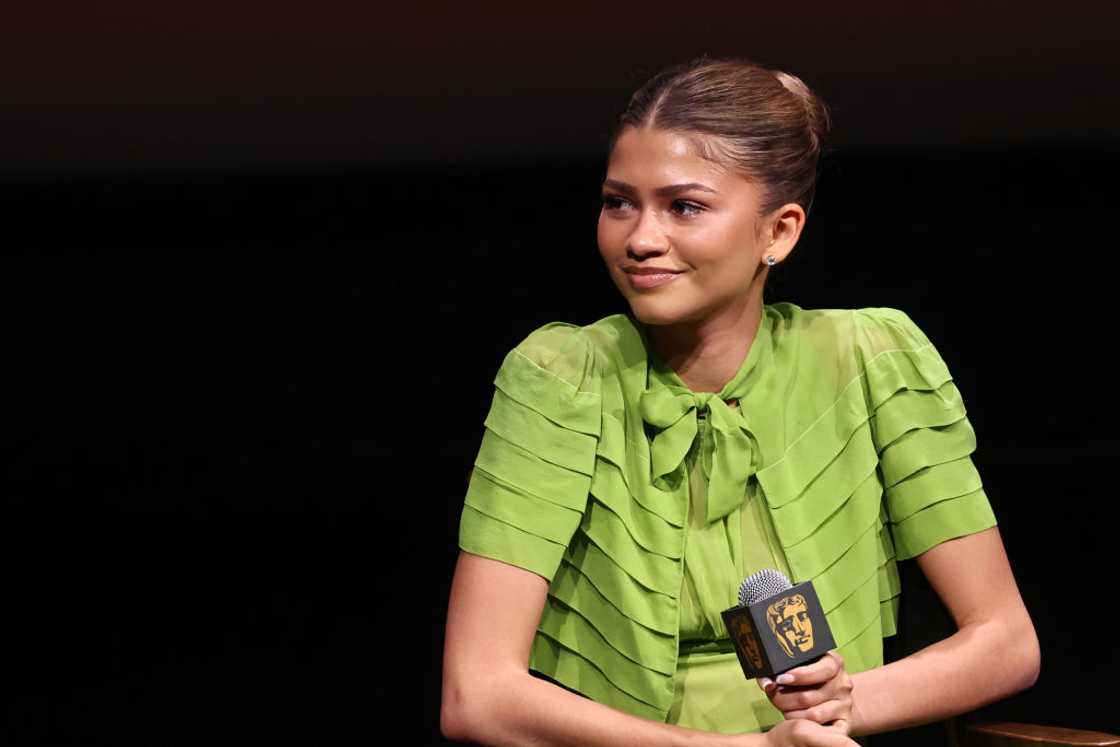
Source: Getty Images
What makes Challengers compelling is that it feels emotionally true. Love triangles, rivalry, burnout, and identity crises are universal themes many relate to. Audiences see reflections of real human experiences, even if the narrative itself is fictional.
Challengers uses a high-pressure field to explore the extremes of human emotion. Tennis simply becomes the vehicle through which larger, more personal stories unfold.
5. Zendaya’s role echoes real-life icons
Zendaya’s character, Tashi, is a bold, driven, and complex woman navigating power dynamics in both love and sport. While Tashi is not based on a real tennis player, she echoes elements of real-life athletes.
In an interview with Script Magazine, writer Justin Kuritzkes confirmed that Tashi is purely fictional, but her confidence and ambition resonate because they mirror traits found in many successful women in sports. For instance, Serena Williams' intensity, Maria Sharapova's charisma, and Billie Jean King's trailblazing spirit.
6. Creative freedom over historical accuracy
Unlike biopics or sports documentaries, Challengers thrives on creative freedom. The filmmakers didn’t need to stick to historical records or real-life figures. This allowed them to explore bold choices, like the layered romantic entanglements and unconventional storytelling structure.
In choosing fiction over fact, the film can push boundaries, craft compelling dialogue, and design scenes that aren’t beholden to accuracy but serve emotional and narrative impact.
7. Reactions from the tennis community
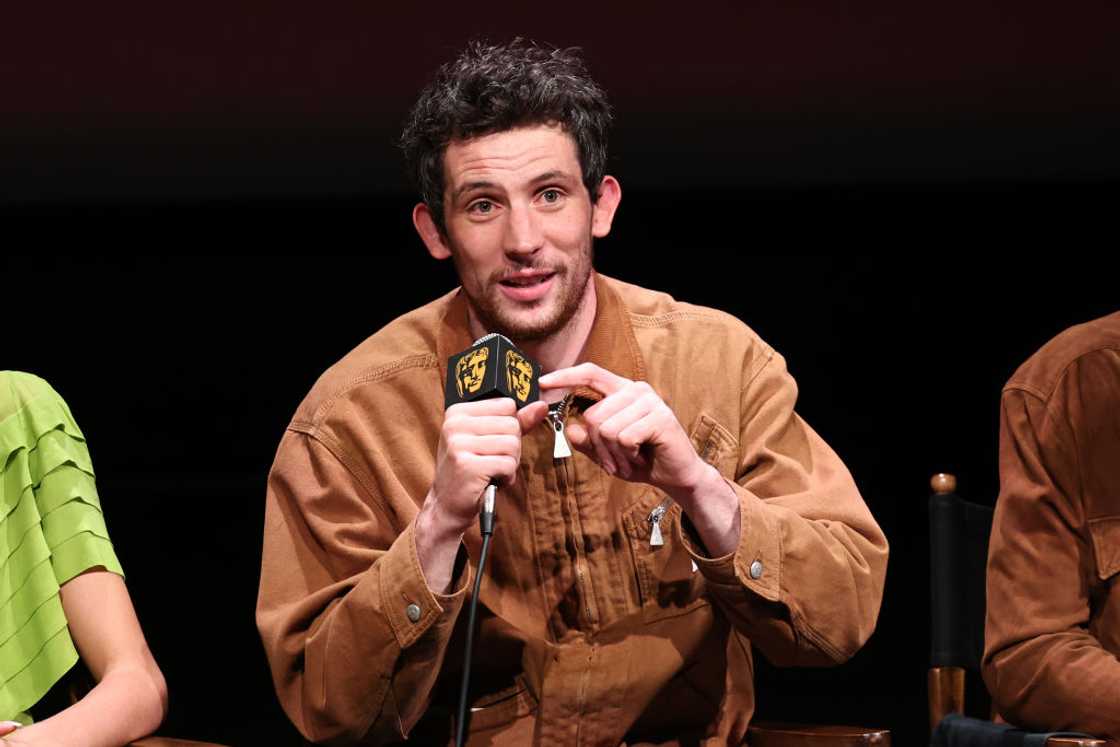
Source: Getty Images
Many in the tennis community appreciated the film’s attention to detail. Former players and analysts praised Zendaya’s form, the technical choreography of matches, and the nuanced portrayal of the mental game. But they also confirmed that none of the characters reflect real players.
According to a publication by The Guardian, Andrea Petkovic, an author and former professional tennis player, said that the movie got everything right about the sport except the sexiness. She revealed:
I will admit that sports movies are hard to pull off. Too often, they rely on that one cathartic moment when it all comes together and the protagonist’s struggles are forgotten in victory. Challengers is not that. It is something entirely different and, spoiler alert, I loved it. I never thought I would write these words, but it’s a very sex sports movie. Which is, interestingly, the only thing it gets wrong about tennis.
8. A love triangle rooted in drama, not biography
Art and Patrick’s shared history with Tashi fuels the emotional engine of Challengers. It’s a love triangle loaded with jealousy, betrayal, and simmering desire. But it isn’t lifted from real tabloids or athlete biographies.
It is storytelling at its best, which heightens human emotions by circumstance. The complexity of the relationships gives a sense of realism, but no actual individuals inspired this tangled trio.
9. Real-life emotions, imaginary setting
The film’s success lies in its ability to reflect real emotions in an imagined world. When people doubt if it is fictional, what they may be wondering is why it feels so real.
This is where inspiration plays its role. Kuritzkes and Guadagnino tapped into universal emotional truths, where there is fear of failure, the hunger to win, and the sting of lost love, and set them against a competitive backdrop. This fusion makes fiction feel personal and authentic.
10. A mirror for the audience
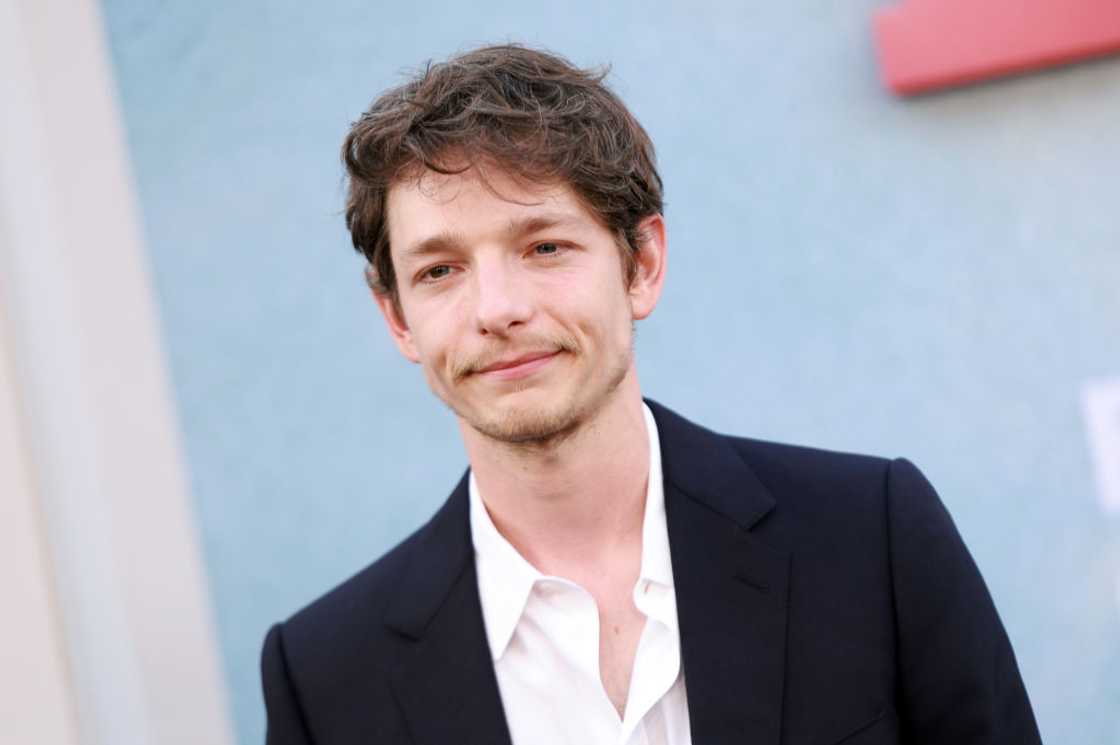
Source: Getty Images
Ultimately, Challengers does not need to be a true story film to feel meaningful. The narrative is so well-constructed that viewers project their own experiences, desires, and anxieties onto it. That is the magic of great filmmaking; it creates a truth that does not need facts.
For every person who has felt second best, battled internal pressure, or faced complicated love, Challengers becomes a mirror. That is why it hits so hard, even without a real story behind it.
Is Tashi Duncan real?
Tashi Duncan is not a real person but a fictional character in Challengers, portrayed by Zendaya. Even though she mirrors the life of a real tennis star due to her ambition and charisma, she was entirely imagined by screenwriter Justin Kuritzkes and is not based on any specific individual.
Is Challengers based on a book?
The 2024 film is not based on a book. It is an original screenplay written by Justin Kuritzkes, and although it feels like a novel due to its layered characters and narrative structure, it is not an adaptation of any published work.
Is Challengers inspired by real tennis tournaments or events?
While the tennis environment in the film is portrayed with realism, no specific tournaments or events inspired the plot. The story is driven by imagination rather than real-life matches.
What is the main theme of Challengers?
The main themes are competition, desire, power dynamics, and emotional dependency. Tennis acts as a metaphor for control and vulnerability in human relationships.
Is Challengers a good movie?
The film has received strong reviews from both critics and audiences, praising it for its bold storyline, dynamic direction, and standout performances. The unique blend of sports drama, psychological tension, and romantic conflict sets it apart, making it a compelling and memorable watch.
What happens at the end of Challengers?
At the end of the film, Art and Patrick face off in a tense tennis match that symbolises their emotional rivalry. The film ends ambiguously, with all three characters locked in a moment of unresolved tension and mutual understanding.
Challengers is not based on a true story. However, through layered characters, real-world influences, and emotional truth, the film achieves something close to real. Film director Luca Guadagnino and writer Justin Kuritzkes blend inspiration and imagination to create a story that resonates deeply with viewers.
Legit.ng recently published an interesting article about whether Michael Myers is real or fictional. He is a character from the Halloween franchise created by John Carpenter and Debra Hill. The villain is considered a terrifying horror icon, with some people thinking he is real.
The film is based on real-life events and historical traditions. Even though Michael Myers is a fictional character, he is inspired by a kid whom John Carpenter saw when he visited a psychiatric hospital. Read this article to find more about the movie and the character.
Proofreading by Kola Muhammed, copy editor at Legit.ng.
Source: Legit.ng




